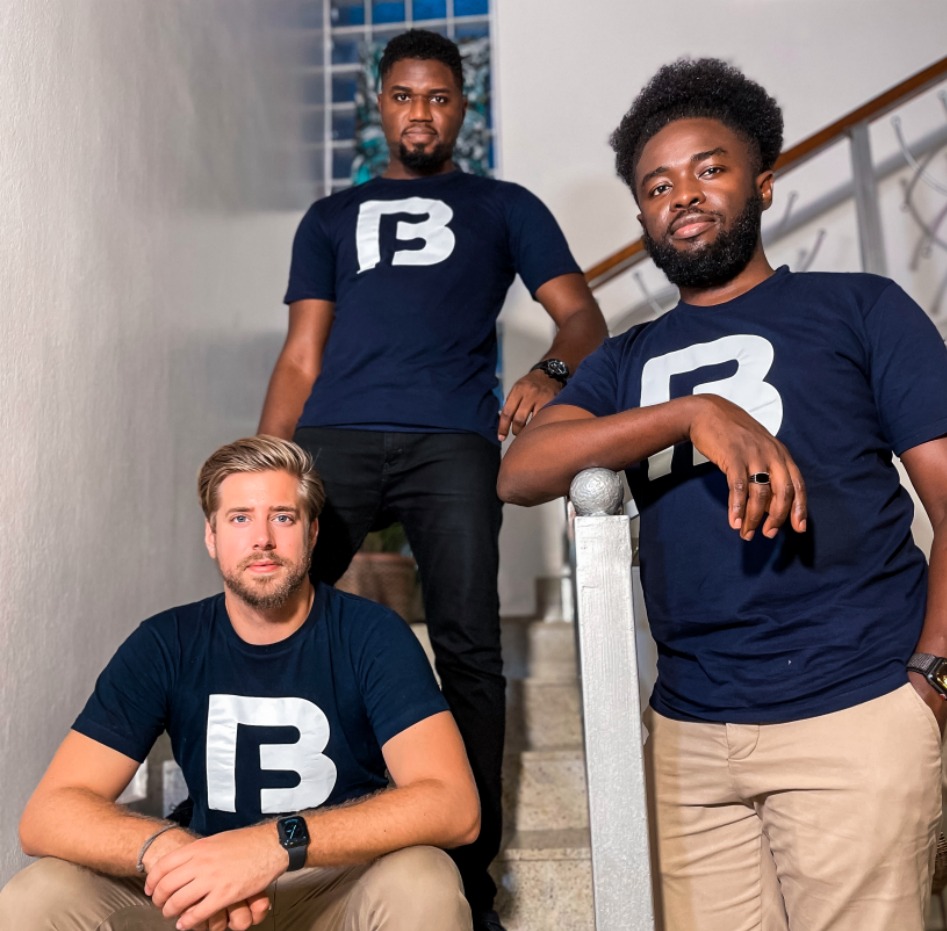Bfree, a Nigerian credit management fintech, has embarked on global expansion after raising $1.7 million in a pre-Series A round, to tap the opportunities in emerging markets, where digital lending apps have recently sprung up in droves.
Funds that participated in the latest round included 4Di Capital, Octerra Capital, VestedWorld, Voltron Capital, Logos Ventures and several other angel investors, bringing the total capital raised by the Lagos-based startup to $2.5 million, having realized $800,000 in a seed round last May.
Bfree is now on a massive recruitment drive for the 16 new markets in which it is setting up operations, including Ghana, India, Uganda, Brazil, Colombia, Mexico, Russia, Poland, Pakistan and Indonesia. This is as it grows beyond Nigeria, where it started operations in August 2020 before entering Kenya in July last year.
“We are going into markets with large populations, credit deepening and an underdeveloped regulatory environment, where a behavioral collection approach is likely to work,” Bfree co-founder and CEO Julian Flosbach told TechCrunch.
Bfree was founded by Chukwudi Enyi (COO), Moses Nmor (CPO) and Flosbach (CEO), who were looking to develop better, ethical and tech-inspired debt-collection tools and processes following their firsthand experience working for digital lenders in Nigeria.
“We saw that there was like a little bit of a breach in the value proposition of lenders — they are good at giving out loans, but the aftersales services of the credit market didn’t work as collections processes were inefficient and not user friendly,” said Flosbach.
Flosbach told TechCrunch that Bfree employs the use of ethical debt collection standards and works closely with defaulters for tailor-made settlement options, with the end-goal of increasing the repayment rate and customer satisfaction.
Ethical debt collection standards ensure the privacy of customer information during the process, explore flexible repayment options and do not lead to unnecessary penalties like lateness fees and debt-shaming (as is the practice with many digital lenders at the moment).

The startup is currently working with 30 credit institutions, including digital lenders, micro-finance institutions and banks. Using customer data provided by the lenders, the startup builds the user profiles of defaulters, and runs their data through an algorithm to predict their behavior and recommend the best collection method.
Depending on a customer’s risk profile, Bfree either directs them to a self-service platform, where borrowers set new payment plans using their phone number, or follows up on debt balance through automated communication (chatbots, callbots or IVR technology) or direct calls. The startup also regularly conducts financial literacy campaigns.
The emerging markets have in recent years experienced a surge in digital lenders providing credit to a population that has remained underserved by formal lenders. The credit offered is often instant and collateral-free, which is unlike loans from formal banking institutions (like banks) where borrowers are at the very least required to hold an account, have regular account activity and maintain minimum operating balances. Besides, traditional lenders require collateral of some kind to cushion them from losses whenever borrowers fail to repay.
Digital lenders avail the much-needed credit to people locked out by formal banking institutions, but they experience a high default rate (in mid 2020, Kenya’s default of digital loans stood at 23%), which has forced them to outsource the services of collection agencies, which, among other techniques, use debt-shaming tactics like calling the friends and relatives of borrowers.
Bfree has so far followed up with 1.1 million defaulters to date, and is currently handling around 800,000 customers, a majority of them in Nigeria. Flosbach anticipates that the startup will be handling 1.4 million profiles by the end of next month.
In preparation for its next stage of growth, Bfree has secured the services of leading industry professionals, including CTO Konrad Pawlus, formerly of SALESmanago, and Yohan Theatre, who previously worked at investment management firm PIMCO. Theatre takes over as the head of data decision-making and financial engineering. The duo will be part of the team that will steer the startup’s new business as it works to disrupt traditional finance by leveraging blockchain technology for secondary debt markets.
“Lenders in the U.S. or in Europe have the opportunity to sell significant chunks of their debt portfolios to third parties. This means they only carry a portion of the risk of the loans they issue. In emerging markets, this is typically not the case. Lenders have to carry the entire credit risk on their own. A key driver for this difference lies in higher transaction costs and contractual uncertainties,” said Theatre.
“The arrival of DeFi (decentralized finance) is a game-changer: transaction costs can be slashed while contractual certainty is increased by smart contracts. These are some of the risk-sharing instruments that we are now actively providing to lenders and borrowers,” he said.































Comment